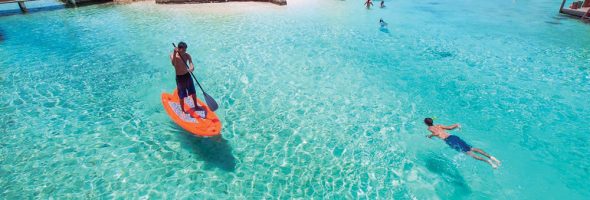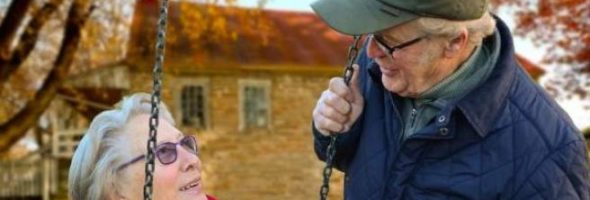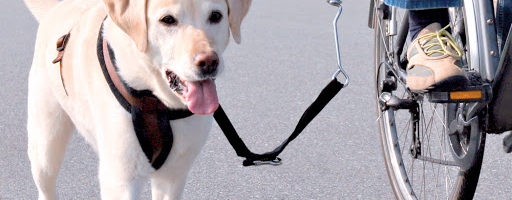The provision of suitable living facilities for senior citizens is a priority for various social welfare organizations and the U.S. government. An essential part of this mission includes making sure that the elderly have a safe and comfortable home environment, notably in places like bathrooms where they may face difficulties. One such provision is the possibility of converting standard showers into handicap accessible showers, and in some cases, this conversion may be funded by Medicare.
Read MoreTo be eligible for this free conversion, senior citizens must meet certain qualifications. Firstly, it is imperative that the beneficiary is enrolled in Medicare Part B, which covers certain doctors’ services, outpatient care, medical supplies, and preventive services. This eligibility criterion is essential as the Medicare Part B insurance is the part that covers durable medical equipment (DME), which includes handicap accessible showers.
Secondly, it is crucial to establish medical necessity. A senior citizen or their caregiver must procure a prescription or letter of medical necessity from a Medicare-enrolled doctor. This prescription should detail the individual’s health condition and how a handicap accessible shower could assist in the management or treatment of this condition. Generally, seniors with mobility issues, balance problems or those who have been diagnosed with a condition that might cause falls are often deemed eligible for this conversion.
However, it is essential to note that Medicare typically only covers the cost of the shower equipment itself under DME provisions. Installation costs may not be covered, and this can be a significant expense. To help with such costs, other financial assistance programs may come into play, such as Medicaid Home and Community-Based Services (HCBS) waivers, non-Medicaid state assistance programs, non-profit organizations, or even local Area Agencies on Aging.
Another significant factor to consider is that Medicare would only cover the cost if the equipment is obtained from a Medicare-approved supplier. It implies that not all handicap accessible shower models might be included in this provision. Therefore, it’s advisable to check with the Medicare-approved suppliers and your healthcare provider about the available options that meet Medicare’s criteria.
To start the process, the senior or their caregiver should schedule an appointment with a healthcare provider to discuss the need for the handicap accessible shower. If the healthcare provider agrees that the shower is medically necessary, they will write a prescription or letter of medical necessity. With this in hand, the senior or their caregiver can then contact a Medicare-approved supplier to discuss the options.
After choosing the preferred model, a formal application can be made to Medicare. The application process involves submitting the medical necessity document along with other necessary information to Medicare. If the application is approved, the senior citizen will receive the handicap accessible shower and have it installed.
In some cases, the process might involve a home inspection. Medicare might send an inspector to the senior’s home to inspect the current shower and bathroom setup and confirm that a handicap accessible shower is necessary.
The potential to have a shower converted into a handicap accessible shower can greatly improve the quality of life for many seniors. It can provide them with improved safety, independence, and dignity in their daily personal care routines. Ultimately, the most important step is to get the conversation started with healthcare professionals and explore the available options that can make the home a safer and more comfortable place for seniors.
In conclusion, while navigating the Medicare system and understanding available coverage can be tricky, the benefits that come with a handicap accessible shower are worth the effort. With careful assessment, consultation, and application, it’s possible to retrofit senior citizens’ homes with these crucial facilities, thereby enhancing their comfort and safety.






